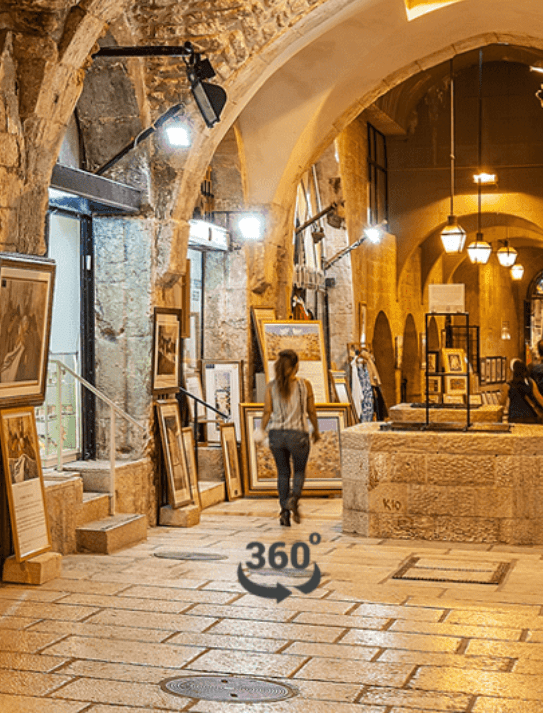Luxury Small Group Jewish Tours in India
India is a land of contrasts with a rich history and a civilization that goes back thousands of years. It also has ancient Jewish communities and was historically one of the most tolerant and welcoming countries for Jews. Modern India offers travelers amazing luxury and opulence, with old-world service standards that focus on honoring guests. India is a real travel adventure with exotic food, wildlife and splendid cultural treasures.















